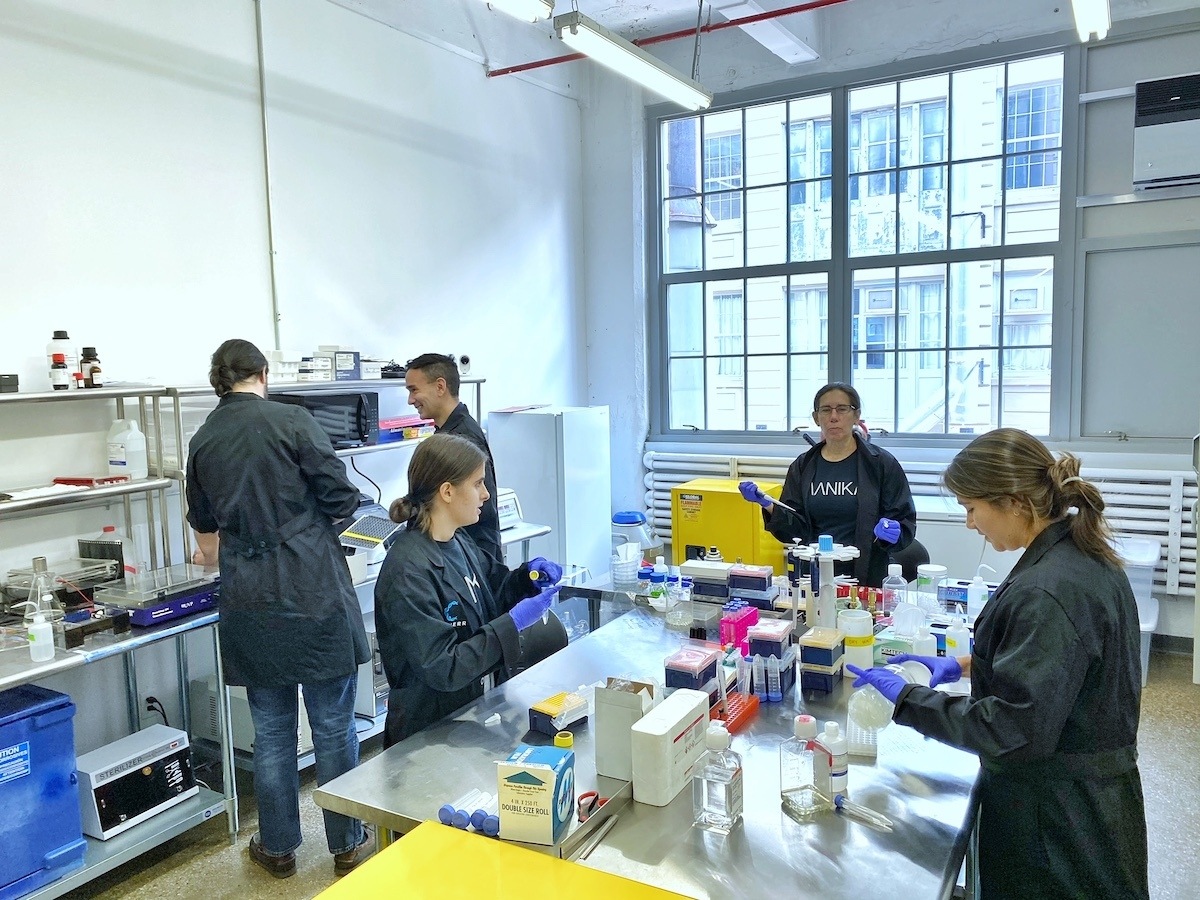Aanika Biosciences has developed a technology that is claimed to be able to quickly identify the source of foodborne contaminations by using genetically engineered bacterial spores that attach to food. They insert to spores of Bacillus subtilis a DNA barcode that can be “scanned” to identify a food’s origin, down to a plot of land on a farm. The Bacillus is genetically engineered with a unique DNA barcode. The spores grown from the genetically engineered Bacillus can be added to water and attached to crops as they are being washed. The genetic barcodes within each spore can be “scanned” to identify where each plant came from. Researchers at Harvard Medical School took 18 different plants in a similar approach and sprayed each of them with bioengineered spores containing unique, genetic barcodes. A month later, the scientists were able to pinpoint the specific plant that each leaf came from. The challenge for Aanika’s technology will be to convince farmers and consumers to adopt the technology. While Bacillus subtilis is found in probiotic yogurts sold on the market, consumers might be worried about eating products containing such spores. Farmers will have concerns regarding adopting a new tracing technology, including privacy concerns and fears of food tampering by consumers. @ https://thecounter.org/bioengineered-spores-trace-foodborne-outbreaks-safety-experts-skeptical/amp/
Tracing food with genetically engineered spores could help identify the source of leafy greens contamination
Foodborne diseases kill thousands of Americans each year. Tracing food with genetically engineered spores could help.
In most cases, the source of an outbreak is never found. New biotechnology is promising, though food safety experts remain skeptical.
No comments

